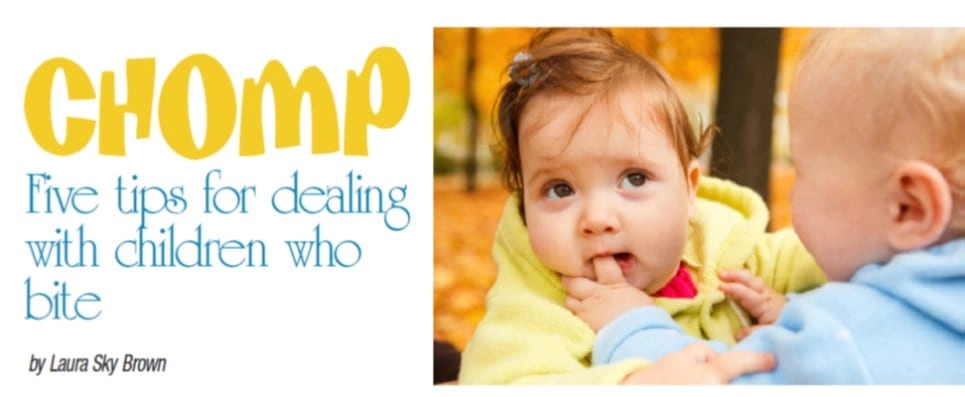The Value of a Dollar
Teaching kids about money might not seem intrinsically valuable at an early age. The problem is too many kids have learned false values about money from television and media. By the time they have their own money to spend, they might have some mystifying money beliefs.
This is why it is important to teach young kids the value of money.
How to Teach Kids About Money
Here we show a few simple steps you can take to actively teach your children about money, how to save and how to spend responsibly. As the amount of debt the average person has in our modern world, this is a lesson that can benefit your children throughout their lifetime.
By taking some (or even all) of these steps, you can help teach your child about how to approach money responsibly.
Be Frank About What Things Cost
It has often been said that talking about money is crude. In years past this kind of conversation was considered passe. However, child development experts now hint that having an open dialogue about the cost of living from a young age can benefit them.
While it’s not necessary to harp on the cost of everything you purchase, allowing kids to have a clear vision about the cost of living will help them understand the value of a dollar earned.
Save Together
A great way to show kids the value of saving is to save for something as a family. Whether it’s an exciting vacation or just something fun for around the house, saving together can help kids see the benefit of putting money aside for something special.
A great way of doing this is to put loose change and extra dollars into a clear jar housed in the main part of the house. This offers up a visual cue on how close you are to your overall goal. For younger children, you can even put a mark on the jar and once you reach the mark you go ahead and make the purchase. Whether or not you have saved the precise amount is less important than helping them understand that money shouldn’t always be spent the moment they receive it.
Talk About Money
This one might seem a little on the nose, but talking about money is one of the biggest steps to familiarizing kids with the importance of money. When children are small they do not see much value in money. In their eyes, their parents have plenty of it and it isn’t something they should worry much about. It isn’t until later that many kids start to understand that their parents need to budget, make decisions about how to spend and pay attention to their spending habits.
This is where open dialogue is key. If your kids hear you discussing finances in a healthy way (both positive and negative) they will start to see the way you make decisions. They will be introduced to having a healthy relationship with money. This will help minimize spending problems and allow kids to start considering how to best spend their own money.
Set a Good Example
As with many issues in parenting, one of the best ways to teach a lesson is by setting a good example. By being a good steward of your money you can help your family learn the same. It might not seem so obvious to invite your children into your financial conversations, let them play a small role.
Some powerful ways to do this is to clue your children in on the decision-making process of whether or not to make large purchases. You can also allow kids to be part of the conversation when you discuss monthly budgeting for basics like groceries, bills and entertainment money.
Be Generous With Your Money
Another way to show children the value of money is to be generous with your own. Showing kids the power of giving helps them understand the importance of good judgment with money.
Let’s take this example. Jack and Alaina are six-year-old twins. For their birthday they each receive $20 from a relative. Upon receiving their money the excitedly talk their parents into taking them to the toy store. Each child finds a toy they have longed to have and purchase it. Each twin has about $2 leftover after their spree. As they leave the store they notice a collection for a local fundraiser for a children’s hospital. Mom and Dad then tell their children that perhaps instead of taking that $2 home with them, they might want to help a child their age who is in need.
Seems like a pretty small example of generosity but this is a great opportunity for Mom and Dad to talk to their children about money choices. Donating a small amount of their birthday money helps other children, instills the value of money and helps children become more generous. An overall win.
Teaching Older Kids About Money
When it comes time to teach older kids about money, the lesson becomes even more important. Once your kids reach their teen years it might be time to open their own bank account and teach them about how they can avoid student debt by saving.
If you lay the groundwork in their early years, these will be lessons easily learned.
Why Kids Need to Know
Teaching your twins about the importance of money management has some built-in benefits. As you raise your multiples you will often be spending times two. Two sets of braces, two sports registrations, two sets of dance classes… these can add up. This offers you the unique opportunity of teaching your kids about the general costs of life and where their money is best spent.
For many families, the financial burden of raising twins (and possibly other siblings) can be difficult. If your twins understand that you are doing the best you can financially, they will be more understanding when they hear the word “no”.
Conclusion
Introducing your twins to how money works from a young age is very valuable. It will help mitigate problems later on down the line and help them have a healthy understanding of finances. Simple things like saving together, talking about money and showing them healthy spending habits can benefit the entire family.






